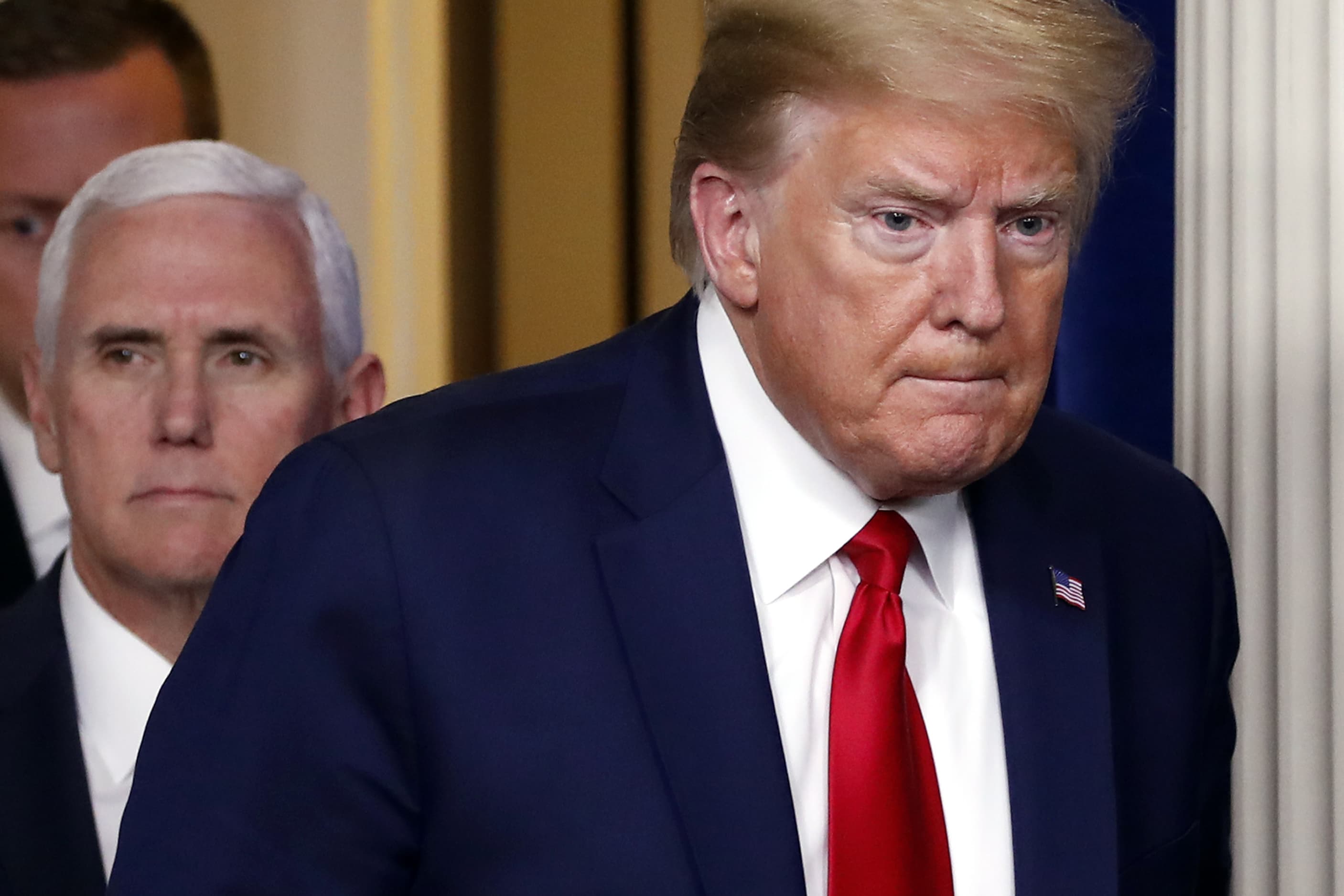Scott Adams Reignites 2020 Disinfectant Controversy, Citing "Bleach Hoax" to Criticize Democrats

Scott Adams, the creator of the "Dilbert" comic strip, has reignited a contentious debate surrounding former President Donald Trump's 2020 comments on disinfectants and COVID-19 treatment. In a recent social media post, Adams referenced the "Drinking Bleach Hoax" and asserted that "Democrats can't tell the difference between light and household disinfectants," implying a deliberate misunderstanding of the original remarks. This tweet brings back into focus a moment that drew widespread criticism from the medical community during the early stages of the pandemic.
The controversy originated in April 2020 when then-President Trump, during a White House briefing, publicly mused about the possibility of injecting disinfectant into the body or using "very powerful light" to combat the coronavirus. Medical experts immediately condemned these suggestions as dangerous and potentially lethal. Trump later claimed his comments were "sarcastic," a defense that was widely scrutinized given the serious public health implications.
Following Trump's remarks, public health agencies and manufacturers issued urgent warnings against ingesting or injecting disinfectants. Reckitt Benckiser, the maker of Lysol and Dettol, explicitly stated that "under no circumstance should our disinfectant products be administered into the human body." Reports from poison control centers indicated an increase in calls related to disinfectant exposures in the period following the president's statements, underscoring the public health concern.
Adams, known for his outspoken political commentary and strong support for Donald Trump, has a history of making controversial statements that have led to significant backlash, including the cancellation of his comic strip by numerous newspapers in 2023 following racist remarks. His latest tweet recirculates a highly politicized interpretation of the 2020 events, suggesting a partisan divide in understanding the context of the original comments. The renewed discussion highlights the ongoing polarization surrounding public health messaging and political discourse.